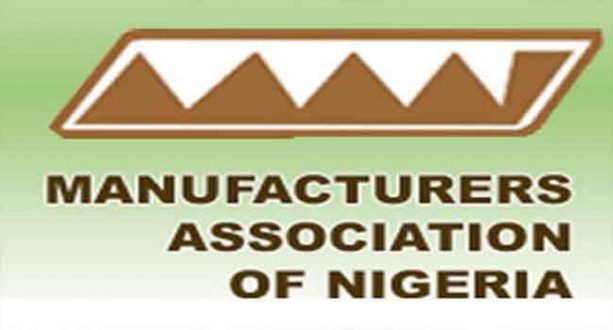The Manufacturers Association of Nigeria, MAN, has told Nigerians to be prepared to buy products produced in the country at higher prices because they have no resources to subsidize them.
MAN said the price hike in goods and services will be inevitable should government approve upward adjustment in electricity tariff.
Reacting to the impending tariff review, the Director General, DG, of the MAN, Segun Ajayi-Kadir, lamented that the absence of stable, effective, and fairly priced electricity supply in Nigeria has been a long-standing challenge for manufacturers.
According to Ajayi-Kadir, the worrisome development has compelled many manufacturing industries to supplement the unreliable electricity supply with alternative energy sources. Regrettably, he said the available alternative energy sources such as diesel have become exorbitantly expensive.
On average, the DG, disclosed that the surveyed data by MAN suggests that manufacturers spent at least N144.5billion on sourcing alternative energy in 2022, up from N77.22billion in 2021. This translates to about 87 per cent increase in the cost of access to alternative energy sources by manufacturers within a year.

He said that in the last 8 years, electricity tariff has been increased by 186 per cent, adding that the fact that Government itself is owing N75billion in unpaid electricity bill is indicative of how burdensome the cost of electricity has become.
“Therefore, it is highly concerning for manufacturers to witness the electricity tariff skyrocketing beyond the present embattling high prices, starting July 1. A 40% hike at this time is simply outrageous.” he warned.
The DG, noted that any tariff hike will force Manufacturers to pass on the additional cost to the consumers of their products adding, “This will increase the cost of local made products in the market and complicate the rising inflation rate in the country.”
He also pointed out that an increase in electricity tariff will reduce the purchasing capability and that one of the resulting effects is the fall in demand and recession of manufacturing activities over time.
In addition, he said, “The sector’s competitiveness will definitely worsen: The high cost of the products will make locally produced items less competitive, when compared with imported alternatives. This is also true of exports, as Nigeria products may find it more difficult to penetrate foreign markets. Such a move will restrict our exports earnings because it will be impossible to compete with counterparts in the global trading environment.”
He further warned that some manufacturing industries may consider shifting production to other economies with lower electricity tariffs and guaranteed availability.
He also warned that higher electricity tariff will directly increase the cost of production for manufacturers, saying, “Already, we have energy constituting between 28-40% in the cost structure of manufacturing industries. You can imagine the impact on manufacturing industries that are energy-intensive such as metal processing, heavy machinery, and chemicals manufacturing.’
He also complained that profit margins will reduce because a spike in the electricity tariff will erode the profit margin of the manufacturers and reduce their ability to expand operations and create new jobs.
Again, he said, it will cause high probability of activities paralysis as this is a definite possibility among small and medium-sized enterprises (SMEs) who are unable to accommodate the higher price.
According to him, “The hike in electricity tariff will reduce the manufacturers’ profitability and by extension the quantum of taxes and fees payable to the three tiers of Government. Manufacturers remain the largest income taxpayer in the country. Therefore, in the event of poor income generation due to high costs of production, the government purse will suffer.”





